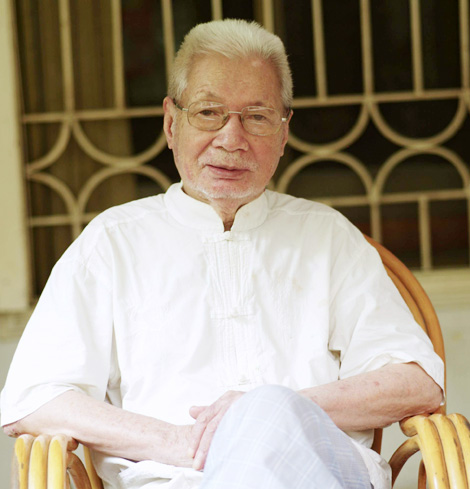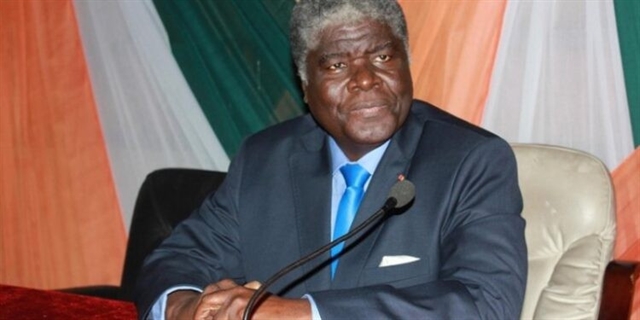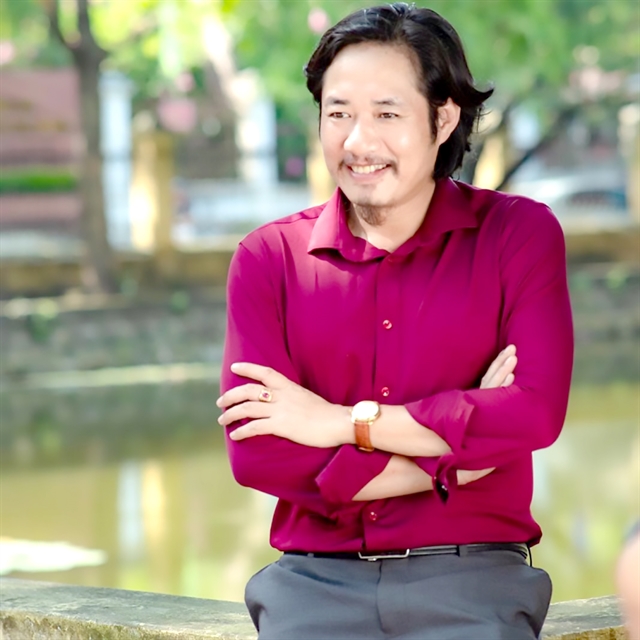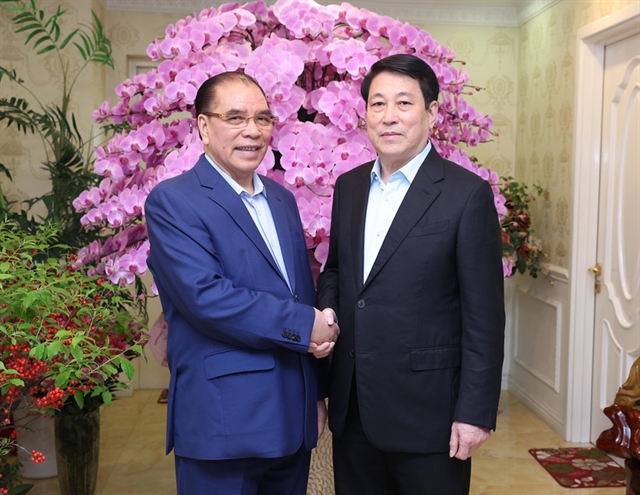 Life & Style
Life & Style

 |
| Meritorious Artist Bùi Như Lai. Photo cand.com.vn |
Meritorious Artist Bùi Như Lai's new theatre production won the Best Acting Award and the Outstanding Play Award at the 7th Asian Theatre Schools Festival 2024 held by Asia Theatre and Education Centre (ATEC) in Beijing, China last month.
Lai became popular with his leading roles at the Việt Nam Youth Theatre. He is currently Vice Rector at the Hà Nội Academy of Theatre and Cinema.
Việt Nam News reporter Nguyễn Bình interviews Lai about the new production.
Could you tell us about the awards at the festival?
The 7th ATEC Asian Theatre Schools Festival 2024, hosted by the Asian Theatre Education Centre and organised by the Central Academy of Drama, took place from May 17 to 23.
Twenty-two troupes from international cultural and artistic institutes in South Korea, Singapore, Japan, Mongolia, the US and Việt Nam attended the festival. Awards included one Best Play Award, two Outstanding Play Awards and nine Best Acting Awards.
Hà Nội Academy has participated in the festival and won awards in previous years. But this is the first time the academy received the Outstanding Play Award, which it shared with the Korean University Department of Theatre.
Phạm Thu Thủy and Đặng Tuyết Anh received the Best Acting Award. Both of them are third-year students in the Traditional Arts Department. Their roles, Xúy Vân and Thị Màu, are typical characters in chèo (popular opera).
What inspired you to combine three selected segments from traditional Vietnamese chèo performances?
The academy's performance Như Hạt Mưa Sa (Woman's Destiny Like A Rain Drop) was made to reconstruct the classics.
While retaining the original characteristics of the satire like traditional music ensembles and stylised actions, the performance underwent extensive adaptations in terms of theatrical language, music and physical movements to make the pacing, singing, recitations and actions softer and more modern.
Satire itself is Việt Nam's most representative indigenous theatrical genre, capable of fully showcasing the lives and sentiments of the Vietnamese people.
The traditional narrative style of actors entering and exiting the stage sequentially, introducing characters and changing costumes onstage attempts to convey to the audience that 'actors are actors, not the characters themselves,' paying homage to and bringing alive the classic satire performance.
The play shows the destinies of three different women during the feudal period. Thị Màu, a wealthy daughter of a feudal family, rushes to the forefront of resistance against oppression. She boldly confesses her love to a handsome monk in the temple, but after being rejected, she gives birth to a child with another man.
Forced by her situation, she has to falsely claim that the child is the monk's. However, the monk is actually a woman who was wrongfully accused of murdering her husband and sought refuge in the temple.
Now, she is falsely accused of having an affair with Thị Màu and giving birth to a child, adding another layer of injustice to her plight.
Another woman, named Xúy Vân, resorts to pretending to be insane to escape the imposed traditional marriage system and to free herself from her controlling mother-in-law.
The performance reveals the tragic destinies of women bound by the shackles of secular norms in the olden days.
As a member of ATEC, what does the academy get from participating in the festival?
The main objectives of ATEC are to establish an effective network of theatre schools and organisations in Asia and enhance communication in theatre education between different countries and areas in Asia.
It aims to promote the development of theatre education, creation and research by providing a communication platform for all the students, teachers and researchers who are devoted to the study and practice of theatre in Asia.
Participating in the festival opens up opportunities for cooperation in training. We have students who are studying at the Centre Academy of Drama in Beijing.
In addition, there are opportunities for students to go on exchanges with short-term courses between the two academies. We also actively invite lecturers from international schools to come visit our master classes in the academy.
It is clear that joining and becoming an official member of ATEC is effective for training in the academy. The academy's teachers and students want to practise and hone their skills in teaching and learning. Participating in regional and international festivals will help us gain access to world standard levels and make good use of our inner strength.
Traditional theatre is not thriving. How is the academy recruiting students for traditional art departments?
Presently, traditional art classes in the academy include chèo (popular opera), cải lương (reformed theatre), traditional instruments, tuồng (traditional opera) and puppetry.
However, it is difficult for us to recuit students for tuồng and puppetry. It is a challenge for traditional theatre. Not only young people but others nowadays are far from traditional arts. I believe that there will be proper policy and strategy to preserve and promote traditional theatre in future. VNS




